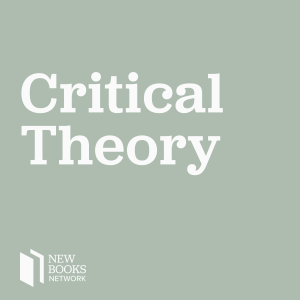
Jinhua Dai (ed. Lisa Rofel), "After the Post-Cold War: The Future of Chinese History" (Duke UP, 2018)
 2019-05-23
2019-05-23
Download
Right click and do "save link as"
Although not all that well known to English-speaking audiences, cultural critic and Peking University professor Jinhua Dai’s incisive commentaries and critiques of contemporary Chinese life have elevated her to something akin to ‘rock star’ status in China itself. As Lisa Rofel discusses in this podcast, and in her introduction to After the Post-Cold War: The Future of Chinese History (Duke University Press, 2018), Dai interrogates the truly historic events unfolding in today’s China to ask what these mean for history itself. Vital analyses of the politics of memory and gender also pervade this collection of expertly translated essays.
In particular Dai is interested in the post-Cold War entry of China into a Euro-American neoliberal world order and what this means for how the country sees its historical course. How are recent and more distant pasts invoked or ignored in conversations about this? What do erasures of past experience mean for the possibility of imagining alternative futures, as seemed possible in the twentieth century? In a searing analysis of recent Chinese films in their wider socio-political context, Dai critiques present-day historical myopias and the consequent marginalisation of those most buffeted by the storms of neoliberal capital: active female protagonists and the erstwhile socialist ‘masses’. Especially urgent in this year of key anniversaries for China, this work has much wider implications for understanding our entire global present, and for perceiving the ominous reality that “China must be a China of the future, or there will be no future” (p. 22).
Ed Pulford is a postdoctoral researcher at the Slavic-Eurasian Research Center, Hokkaido University. His research focuses on friendships and histories between the Chinese, Korean and Russian worlds, and northeast Asian indigenous groups.
Learn more about your ad choices. Visit megaphone.fm/adchoices
view more
More Episodes
012345678910111213141516171819
Create your
podcast in
minutes
- Full-featured podcast site
- Unlimited storage and bandwidth
- Comprehensive podcast stats
- Distribute to Apple Podcasts, Spotify, and more
- Make money with your podcast
It is Free
- Privacy Policy
- Cookie Policy
- Terms of Use
- Consent Preferences
- Copyright © 2015-2024 Podbean.com





